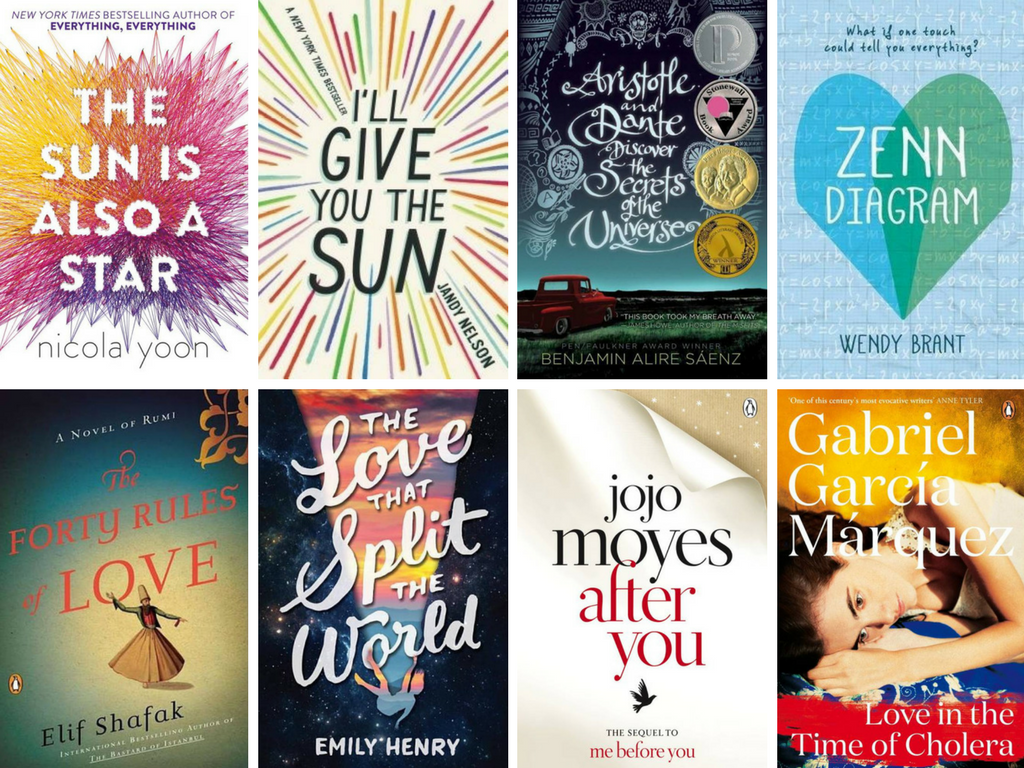In a country which produces thousands of books every year and a sea of highly popular international authors, it becomes quite a task to pick by local authors. I am often asked by readers for suggestions about Indian authors to read. So, I thought about putting a list.
- A Suitable Boy by Vikram Seth
Why you should read it? ‘Not merely one of the longest novels in English; it may also prove to be the most fecund as well as the most prodigious work of the latter half of [the twentieth] century.’ – The Times
2. English, August: An Indian Story by Upamanyu Chatterjee
Why you should read it? ”elegant and gently mischievous satire…this novel marks the debut of an extraordinarily promising talent.” —- The London Observer
3. The God of Small Things by Arundhati Roy
Why you should read it? The God Of Small Things is a very very clever book, but what makes it exceptional is that it is both beautiful and crafty, a rare combination. This book has structure. Lots of it. She effectively creates a language of her own, a juvenile lucid language which complements the wistful mood of the book beautifully. The plot moves around in space and time with masterful ease and one can’t help but experience a vague sense of foreboding, a prickly fear in the back of your neck. – Rajat Ubhaykar‘
4. The Inheritance of Loss by Kiran Desai
Why you should read it? I am rating this right up there with my favorite novels of all time. This book spoke to me on so many different levels and articulated so many of the emotions that I have felt, the experiences that I’ve had, like no other book has ever done before. The book primarily deals with the frailty of human relationships, estrangement from family, country and countrymen, the detachment of the immigrant experience. It also about how you can live in a place for decades and yet be a stranger to it and it to you. The writing is gorgeous and fabulous and playful, all at the same time. Readers looking for a plot-driven narrative will be sorely disappointed. This is the kind of book that needs to be savoured slowly so that none of the fine flavours escape your palate, like your favorite dessert. – The Raid on Amazon
5. The White tiger by Aravind Adiga
“A masterpiece” – The Times
Why you should read it? The white tiger of this novel is Balram Halwai, a poor Indian villager whose great ambition leads him to the zenith of Indian business culture, the world of the Bangalore entrepreneur. On the occasion of the president of China’s impending trip to Bangalore, Balram writes a letter to him describing his transformation and his experience as driver and servant to a wealthy Indian family, which he thinks exemplifies the contradictions and complications of Indian society.
6. The Blue Umbrella by Ruskin Bond
Why you should read it? A lovely little story with very believable, very identifiable characters. And the end – the very best possible. – Indrani Sen
7. The Palace Of Illusions by Chitra Banerjee Divakaruni
Why you should read it? “For more than 20 years now, Chitra Banerjee Divakaruni has been telling stories of Indian women from her home in California. Her women are desperate, wonderful, complicated, lyrical, memorable, even magical…. Chitra’s women experience love, loss and longing through tangled marriages, bitter divorces, childbirth, abortion, abuse, violence, racism, poverty and riches. Now, in a daring novel out this month, Banerjee Divakaruni returns to a fantastic world, inhabited by kings, queens, villains and sorcerers.”
—Vogue India
8. Cuckold by Kiran Nagarkar
Why you should read it? “…..I regard (the novel Cuckold) as the best by an Indian…..” – Khushwant Singh
9. Interpreter Of Maladies by Jhumpa Lahiri
Why you should read it? ‘Jhumpa Lahiri is the kind of writer who makes you want to grab the next person you see and say “Read this!” She’s a dazzling storyteller with a distinctive voice, an eye for nuance, an ear for irony. She is one of the finest short story writers I’ve read.’ – AMY TAN
10. The Hungry Tide by Amitav Ghosh
Why you should read it? ‘An absorbing story of a world in transition, brought to life through characters who love and suffer with equal intensity.’ JM Coetzee
11. Train To Pakistan by Khushwant Singh
Why you should read it? Khushwant Singh is a brilliant raconteur and his choice of words and the way he describes each action and thought of a character is extremely lucid, deeming this book a brilliant read even from a literary point of view. – Ananya Chaudhuri
12. Malgudi Days by R.K Narayan
Why you should read it? “Whom next shall I meet in Malgudi? That is the thought that comes to me when I close a novel of Mr Narayan’s. I do not wait for another novel. I wait to go out of my door into those loved and shabby streets…”
— Graham Greene
13. Midnight’s children by Salman Rushdie
Why you should read it? “And, if any novel could even come close to portraying India’s vast cultural identity;that novel would be Midnight’s Children.” – Shayantani Das
14. The Great Indian Novel by Shashi Tharoor
Why you should read it? “Very funny, very clever, scathing and intricate, this irreverent mash-up of the Mahabharata with the Indian Independence Movement may not be theGreat Indian Novel, but it’s certainly a great Indian novel.” – Rachel Brown
15. India After Gandhi by Ramachandra Guha
Why you should read it? Speaking of India the nation state, one must insist that its future lies not in the hands of God but in the mundane works of men. So long as the constitution is not amended beyond recognition, so long as elections are held regularly and fairly and the ethos of secularism broadly prevails, so long as citizens can speak and write in the language of their choosing, so long as there is an integrated market and a moderately efficient civil service and army, and – lest I forget – so long as Hindi films are watched and their songs sung, India will survive.





















